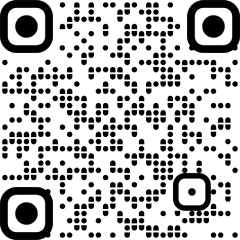
New Delhi: Antimicrobial resistance (AMR) remains a significant global health challenge. This year’s World AMR Awareness Week (WAAW) follows the adoption of the 2024 Political Declaration on AMR at the 79th United Nations General Assembly (UNGA) High-Level Meeting and the 4th Global High-Level Ministerial Conference in Jeddah. A target has been set for at least 60 percent of countries to implement fully funded national action plans to combat AMR by 2030.
In the South-East Asia region, the risks of AMR are influenced by factors such as population density, limited healthcare access, and the misuse of antimicrobials. The WHO Regional Office for South-East Asia (SEARO) has taken steps to address these challenges.
At the 79th UNGA, SEARO co-hosted discussions on creating an equitable global response to AMR with partners, including the Pan American Health Organization (PAHO), the United Nations Foundation (UNF), and several governments.
The theme of this year’s WAAW, “Educate. Advocate. Act Now,” underscores the urgency of immediate action. WHO Regional Director for South-East Asia, Saima Wazed, called for transforming global commitments into measurable outcomes. “Global and regional commitments must lead to specific and measurable outcomes,” she said.
Earlier this year, SEARO collaborated with the Western Pacific Regional Office and Japan to endorse a Joint Position Paper on AMR for the Asia-Pacific region.
“The choices we make today will impact the health of future generations,” Wazed emphasised, urging collective efforts to preserve the effectiveness of antimicrobials.
World AMR Awareness Week 2024 serves as a reminder of the ongoing need for action against antimicrobial resistance to safeguard global health.




